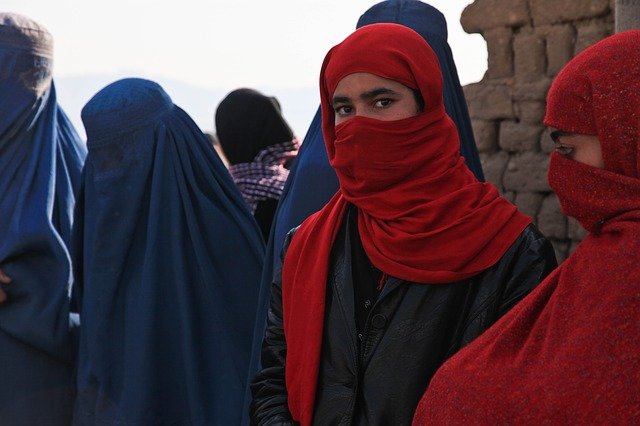
Provenance is the origin of someone or something.
From the Latin provenance , provenance is the origin of something or the principle from which it is born or derived. The concept can be used to name the nationality of a person.
For example: “The team hired a player of Russian origin to strengthen itself for the next tournament,” “I don't know the origin of this merchant, but given his accent, I don't think he is Chinese,” “Kenyan origin is a guarantee.” in the field of athletics.”
Origin as a starting point
The origin is also the starting point of a person or a means of transportation (car, bus, train, plane, ship, etc.) when it reaches the end of its journey: “An American Airlines plane has just arrived with origin from Miami” , “He has just arrived in the city from Bogotá, which means a flight of more than fourteen hours” , “The president will arrive in the country from Bolivia” .
Another use of the term refers to that in accordance with morality , law or reason : “The authorities have seized two hundred kilograms of food of dubious origin” , “The businessman decided to call the police after receiving a package of uncertain origin” , “Lamas could not justify the origin of the money he was carrying in one of his suitcases” .
In the field of sport , the origin of a player is the team where he previously played, before arriving at a new team: “Barcelona's new reinforcement, from Sporting Lisbon, is already training with his teammates” , “The origin "The pivot does not offer guarantees, since he has played in a second-tier Asian league."

Many people are discriminated against because of their origin.
Generalization source
The origin of people usually awakens myths , both positive and negative, about their natural abilities and talents, or related to certain somewhat despicable social behaviors. Like any act of generalization, in no case does it draw conclusions based on common sense, and only serves to deify a few famous people and further complicate the lives of millions of immigrants.
After the numerous and bloody terrorist attacks in recent years, the image of a person from the Middle East generates distrust in many countries; But that does not stop at the mere contempt that emerges from the looks of others, nor in the fact that their neighbors deny them greetings: just because they were born in a certain country , regardless of their own beliefs and convictions, they must submit to demoralizing and insulting interrogations. and controls at airports, and then live in a neighborhood where their own physical integrity will be at risk if they meet the wrong person.
Beyond the provenance
But not all stories about foreigners are so degrading: Argentinians are said to be charlatans and braggarts; Catalans are branded as greedy and closed; The English are considered cold and physically unattractive; It is believed that all Americans are ultra-nationalistic and do not care about events outside their homeland .
What happens when someone meets a modest Argentine, a generous Catalan who extends a selfless hand to an immigrant, a friendly and attractive Englishman, or an American passionate about foreign languages who lives in Spain or Japan? Are they mere exceptions?
In some countries, it is normal to find countless bazaars and food stores run by people from China; These unfortunate individuals are the focus of endless ridicule directed at their physical appearance , their way of expressing themselves and their lifestyle. Few stop to think how strange a slanted eye appears to a Westerner as a rounded one appears to an Easterner; that a Spanish-speaking person trying to communicate in Chinese with the insignificant linguistic practice possible in a job with endless shifts and inconsiderate clients, would not exactly be an expert in grammar and phonetics; that if these immigrants could choose their destination, there would be no bazaar there.
